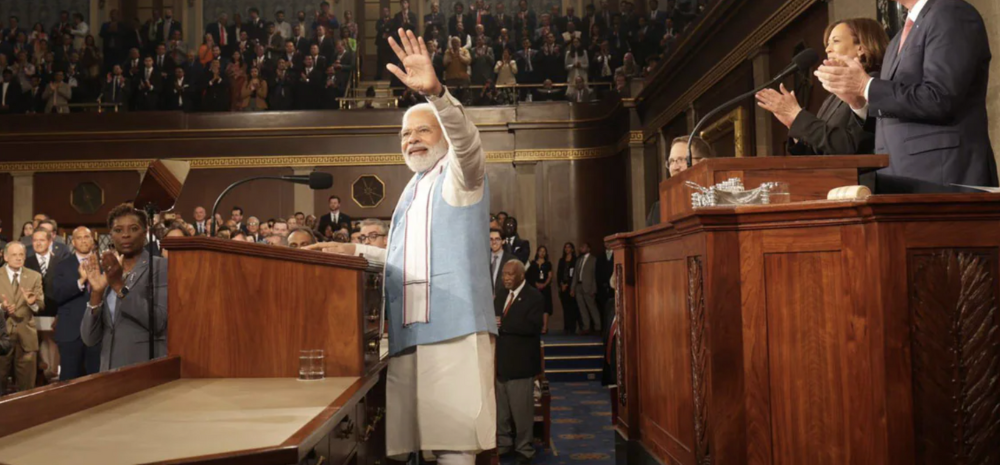The United States will make it easier for Indians to live and work in the country.

The State Department could announce as soon as Thursday that a small number of Indians and other foreign workers on H-1B visas will be able to renew those visas in the US, without having to travel abroad.
For the last two decades, temporary visa holders have been required to travel to a U.S. consulate abroad to renew their visa.
About the visa
Indian citizens are by far the most active users of the US H-1B program and made up 73% of the nearly 442,000 H-1B workers in fiscal year 2022.
Each year, the U.S. government makes 65,000 H-1B visas available to companies seeking skilled foreign workers, along with an additional 20,000 visas for workers with advanced degrees.
The visas last for three years and can be renewed for another three years.
Pilot program
This will be part of a pilot program that could be expanded in coming years.
The ability for some of the temporary foreign workers to renew visas in the U.S. would free up resources for visa interviews in consulates abroad.
The pilot program would also include some workers with L-1 visas, which are available to people transferring within a company to a position in the U.S.
Official statement
“We all recognize that mobility of our people is a huge asset to us,” said another U.S. official. “And so our goal is to approach that in a sort of multifaceted way.
The State Department already has been working very hard to find creative ways to make changes to things.”
“The pilot would begin with a small number of cases with the intention to scale the initiative over the following one to two years,” the spokesperson said
The steps could change and are not finalized until they are announced.
Attempt to clear backlog
A separate initiative to clear a backlog of visa applications at U.S. embassies in India is finally showing signs of progress.
U.S. visa services are still attempting to clear a backlog after Washington halted almost all visa processing worldwide in March 2020 due to the COVID-19 pandemic.
This backlog has led to some families being separated for extended periods of time.











